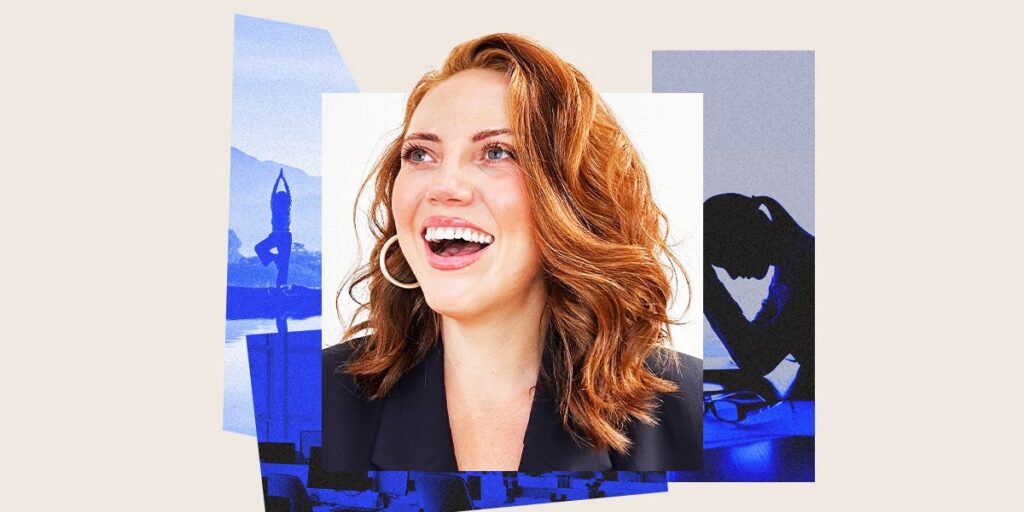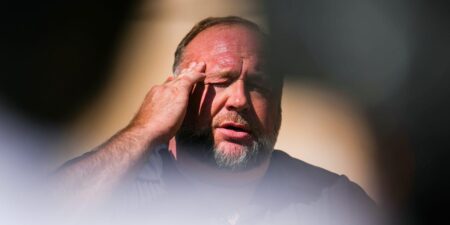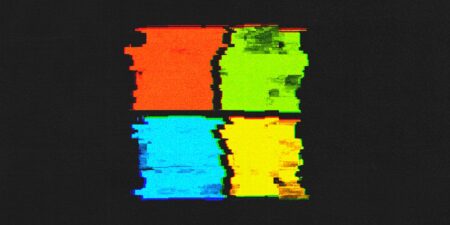- Anaïs Felt took a “micro-retirement” back in March from her Silicon Valley tech job.
- The time off on her extended leave healed her burnout and changed her relationship to work, she said.
- Felt plans to keep taking micro-retirements every five to 10 years.
Anaïs Felt was exhausted at the start of the year.
As a senior product manager at a Silicon Valley tech firm, Felt, 31, commuted an hour to and from her home in San Francisco each day. Her hours in the office on top of a two-hour commute were a stark contrast to the work-life balance she had when she worked remotely during the pandemic.
“I would come home and be so exhausted that I would just lay on the couch to recuperate, eat dinner, and then go to bed,” she said of her routine. “I didn’t have the energy to go for a run or spend time with my partner or laugh.”
It wasn’t just the commute wearing on Felt. She told Business Insider that she was also finding work itself more stressful, which came as a surprise to her being 10 years into her career in corporate America.
“I was crying a lot,” she said. “I had a harder time moving through difficult situations at work.”
Felt decided to meet with a career coach, who quickly “diagnosed” her with burnout, a syndrome due to “chronic workplace stress.”
The diagnosis was a welcome confirmation since Felt recognized the symptoms after reading “Burnout: The Secret to Unlocking the Stress Cycle” by Emily and Amelia Nagoski and Mckinsey’s 2023 Women in the Workplace report. She knew experience wasn’t uncommon in Silicon Valley, particularly for women.
Rather than trying to power through her stress or leave tech altogether, Felt decided to take what she called a micro-retirement — or extended break — to address her burnout.
Taking a break
Felt spent her 20s prioritizing her career, she told BI. She was the first person in her family to attend college, starting her first business when she was an undergrad at Hope College in Michigan. After she graduated from the liberal arts college, her early adult years solely revolved around her job.
“I was brought up in the girlboss era,” she said. “I worked extremely hard and was high-achieving.”
But a decade later as Felt came to terms with her burnout and thought about what she wanted out of the next phase of her career, she decided she needed to take a break from work before moving forward.
“It felt like it would be good for me — but also good for my future employer — if I went into my next role feeling fully energized and feeling conviction in that next step,” she said.
Felt quit her job in March with the intention of taking up to a year off, thinking of her break as a micro-retirement or a sabbatical.
@anaisfelt If you can swing it, totally worth it imo. I should note I paid off my 70k in student debt and saved a sizeable chunk of $$ before taking the leap. I also am childfree. I come from a low income background and am the first person in my family to go to college and do this….so it is possible with the rught strategy, grit and resilience.
“It’s intentional breaks throughout my career where I can just take time to enjoy and live life and recharge for my next role,” she said of her definition of micro-retirement. “I’m gonna plan to keep doing this throughout my career every five to 10 years instead of deferring all of it to the end of my career.”
A September video Felt made about her micro-retirement started a conversation on TikTok, garnering over 189,000 views and racking up more than 500 comments as of Tuesday.
Prepping for her micro-retirement
Felt said she properly planned to be able to afford a year off before putting in her notice. She made a habit of saving as she settled into her career.
The former senior product manager did not share her salary at her most recent job with BI, but according to Levels.FYI, which collects salary information for tech professionals, the median salary for a product manager was $211,000 as of October.
Felt also said she did an audit of her spending before leaving her full time position.
@anaisfelt Replying to @Sam save as much pay, take home pay as you can, invest, be debt-free, and wait to take time off until you’re financially ready. You don’t want to be stressed financially during micro retirement because that would negate the point you! Rooting you on!!! 💛 #microretirement
“That was really helpful because it helped me pare back in some areas where the spending was more unnecessary,” she said. “It improved my relationship with money, and it’s made me a bit more diligent with my finances.”
Felt took care of some regular medical expenses before leaving her job as well, like ordering contacts for the year and going to the dentist. Once she left her company, she joined her partner’s health insurance.
By March, she was ready for her micro-retirement.
Felt needed more rest than she realized
Felt told BI that she initially planned to take a big trip once she left her job. But burnout hit her “like a brick wall” once she actually started micro-retirement.
“I think the first couple of weeks I actually had to accept the fact that I was burned out,” she said. “I needed to just sit and relax and rest.”
Felt said she took it easy for a month before the “burnout cloud” started to lift.
“I’m so glad that I just sat down for a month because that equipped me to move into the next phase of my micro-retirement, which was doing things I loved and cared about without the excessive burnout,” she said.
Every day of Felt’s micro-retirement looks slightly different, though she tries to stick to a schedule Monday through Friday to give herself some structure.
Some days, Felt creates content on TikTok that shows peeks into her life through outfit-of-the-day videos or snippets of her home decor. On other days, she spends her time with her dog or maintains her house. Felt also spends time volunteering in her community and participating in mentorship work.
“I’m not getting paid for those things, but they’re just really energizing because they’re connected to purpose and meaning that really resonates with me and my value system,” she said.
Six months after she left her job, Felt said her mental health has improved, and her burnout is gone.
Micro-retirement has changed the way Felt sees her future
Felt told BI that her extended break from work has given her the time and mental space to reevaluate what she wants out of her career. She said “work-life balance and scheduling flexibility” will be a priority moving forward since her community has become more important, and she wants to be a mom someday.
“Maybe I’ll work from home and continue on the corporate path, or maybe I’ll start my own business,” she said. “There’s so much life to be lived outside of my office desk, and life really starts to get richer when it’s more diversified.”
Felt started taking informational interviews six months into her micro-retirement. Still, she doesn’t see herself seriously applying for roles until January 2025, partly because she wants to freeze her eggs before returning to a full time position.
Felt wants others female employees to know they don’t have to sacrifice their personal lives for professional success.
“You can still be high achieving and successful as a woman and intentionally choose work-life balance,” she said, “there needs to be harmony there.”
Read the full article here
















